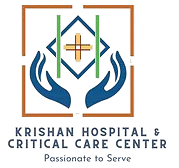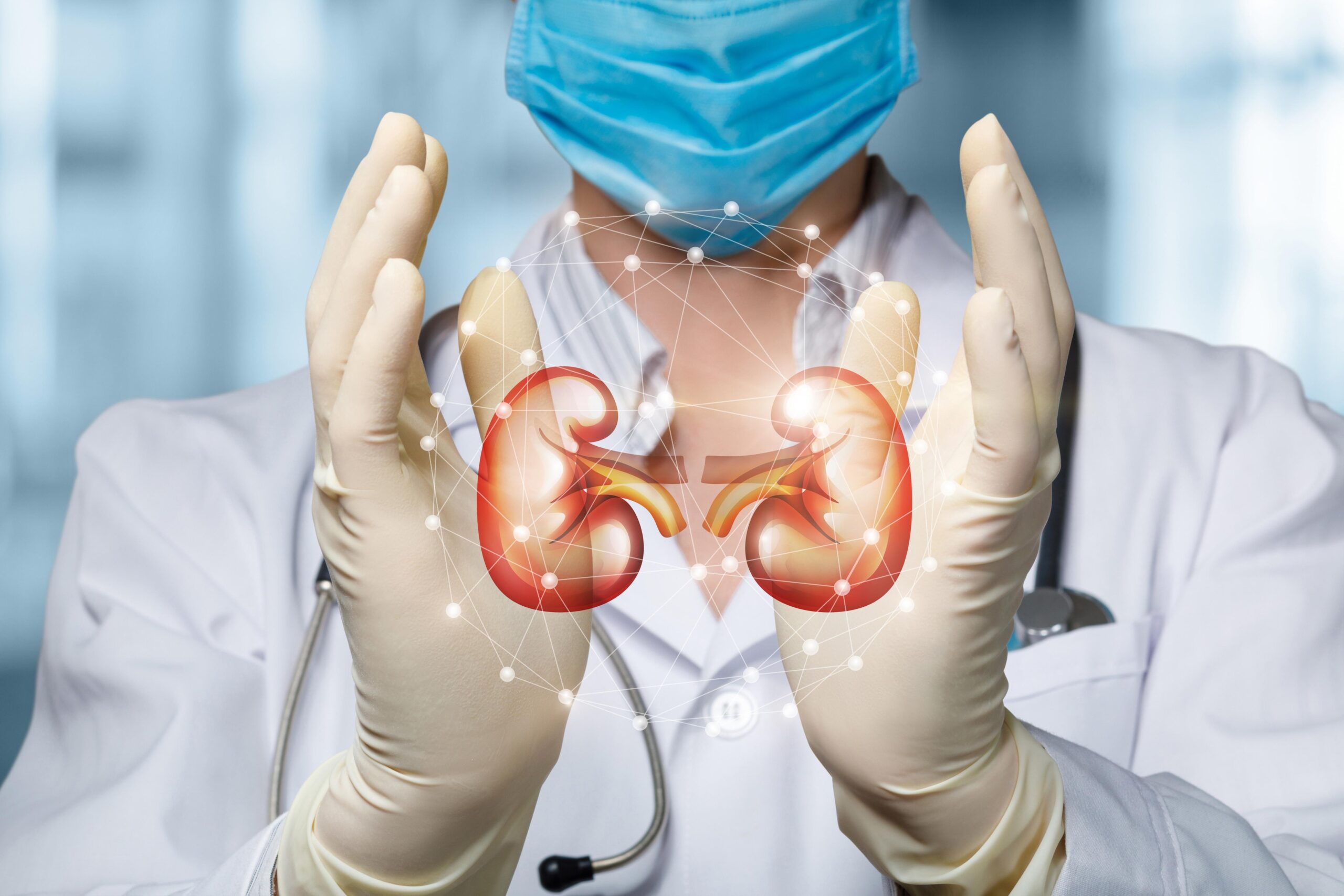Introduction
Kidney stones are hard, pebble-like pieces that form in your kidneys. They can cause pain and other problems. Many people want to know about kidney stone symptoms, treatment for kidney stones, and ways of preventing kidney stones. In this blog, you will learn what kidney stones are, what causes them, how to spot the signs, and how to treat or avoid them. Understanding these basics can help you take better care of your kidneys.
What Are Kidney Stones?
Kidney stones are small, hard deposits that build up inside your kidneys. They form when minerals and salts in your urine stick together. Sometimes, these stones stay in the kidney. Other times, they move into the tubes that carry urine out of your body. This can cause pain or block the flow of urine. Anyone can get kidney stones, but some people are more at risk than others.
Common Symptoms
Not everyone with kidney stones will have symptoms. However, when a stone moves or blocks urine, you may notice signs of kidney stones. These can include:Sharp pain in your back, side, or lower bellyPain that comes and goes in wavesPain while urinatingPink, red, or brown urine (blood in urine)Cloudy or foul-smelling urineFeeling the need to urinate oftenUrinating only small amounts at a timeNausea or vomitingFever and chills (if there is an infection)
If you notice these symptoms, especially severe pain or blood in your urine, you should seek medical help.
Causes and Risk Factors
Kidney stones form when your urine has more minerals than it can handle. As a result, these minerals stick together and form stones. Several things can raise your risk of kidney stones:Not drinking enough waterEating a diet high in salt, sugar, or proteinBeing overweight or obeseHaving a family history of kidney stonesCertain medical conditions, like diabetes or infectionsSome medicines or supplementsLiving in hot climates, which can cause dehydration
Because risk factors can vary, it helps to know your own risks and make healthy choices.
How Kidney Stones Are Diagnosed
Doctors use several methods to find out if you have kidney stones. First, they will ask about your symptoms and health history. Next, they may do tests such as:Urine tests to check for blood or mineralsBlood tests to look for high levels of certain substancesImaging tests like ultrasound or CT scans to see the stonesExamining any stones you pass to learn what they are made of
Early diagnosis helps doctors choose the best kidney stone treatment options for you.
Treatment Options
Treatment for kidney stones depends on the size and type of stone. For small stones, you may only need to drink more water and take pain medicine. However, larger stones may need other treatments. Common kidney stone treatment options include:Drinking plenty of fluids to help pass the stonePain relievers to ease discomfortMedicines to help break down or pass the stoneShock wave therapy to break stones into smaller piecesSurgery to remove very large or stuck stones
Your doctor will help you choose the best treatment based on your needs.
Prevention Tips and Lifestyle Guidance
Preventing kidney stones is possible for many people. Simple changes can lower your risk. Here are some tips on how to prevent kidney stones:Drink at least 8–10 glasses of water each dayLimit salt, sugar, and animal protein in your dietEat more fruits and vegetablesStay at a healthy weightTalk to your doctor before taking supplementsFollow your doctor’s advice if you have a health condition
Because prevention is easier than treatment, these steps can help keep your kidneys healthy.
When to See a Doctor
Sometimes, kidney stones can cause serious problems. You should see a doctor if you have:Severe pain that will not go awayBlood in your urineFever or chillsTrouble passing urineNausea or vomiting that does not stop
Early care can prevent problems and help you recover faster.
Conclusion
Kidney stones can be painful, but you can manage and prevent them with the right steps. If you notice signs of kidney stones or want advice on kidney stone treatment options, consult a healthcare professional for personalized advice on kidney stones.
🩺 Get relief and expert care you can trust.
📞 Book your consultation at Krishan Hospital & Critical Care today!

